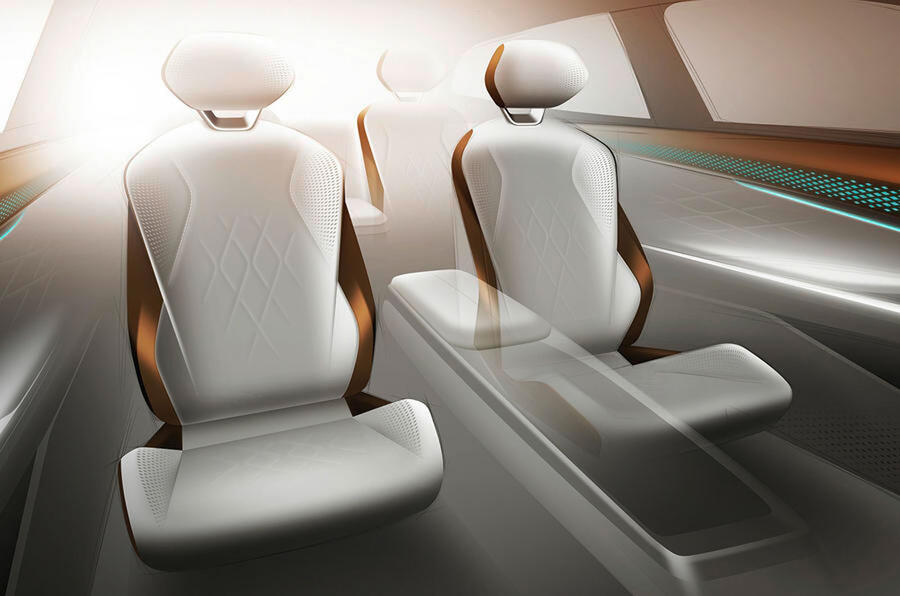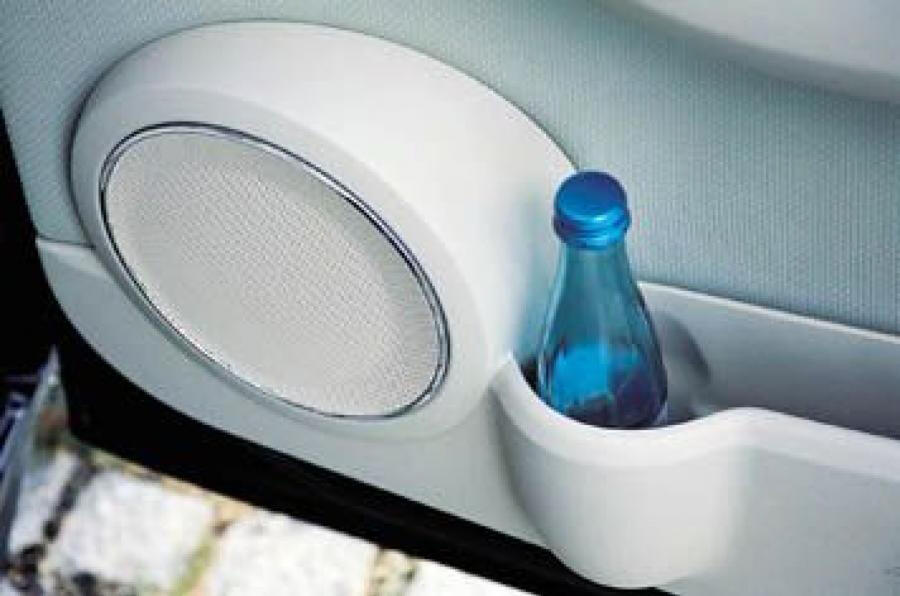Vegan cars are the next big fad in the automotive industry
Greggs' vegan steak bake proved animal-free products are money-spinners. Now automotive manufacturers are catching on
Could a vegan steak bake change the car industry? It might sound tenuous, but the phenomenal success of the unlikely offering from Greggs, along with myriad other vegan products from national chains that have been rolled out for ‘veganuary’ this month, demonstrate that catering to the growing demand for animal-free products is big business.
The growing interest in veganism is driven by animal welfare, health and environmental concerns. It’s not just about only eating plant-based food, but entirely avoiding using animal-based products – such as leather upholstery in cars.
Leather has long been used as a luxury material for car interiors – and it remains a popular choice among many. But the last few years have seen a major push by premium car firms to develop vegan leather alternatives, with some firms in the process of phasing out leather options entirely.
There are growing public calls for car firms to offer vegan options: six-time Formula 1 world champion Lewis Hamilton, for example, recently and openly called for his employer, Mercedes-Benz, to phase out leather entirely.

Non-animal-based leather alternatives aren’t a new concept: for example, Mercedes-Benz has offered a synthetic material called Artico since 2003. Toyota offers a material called SofTex, while Ferrari offers Mycro Prestige as a vegan leather option on some models.
Yvonne Taylor, the director of corporate projects for People for the Ethical Treatment of Animals (PETA), told Autocar UK that, compared to industries such as fast food, fashion, airlines and hotels, the car industry “has been slower to capitalise on the demand for vegan products”, adding: “this is ironic, given that many of the biggest companies have been using vegan leather for its high quality and durability for years.”
Taylor wants car firms to offer entirely vegan interior options for every model, saying that leather isn’t a by-product of the meat industry, as many think, but a “global, $100 billion-a-year industry that slaughters more than one billion cows, sheep, goats and pigs.”
According to Taylor, a PETA investigation into Brazilian cattle ranchers that supply leather producers that sell producs to car firms, found evidence of factory farming, extreme crowding and animal cruelty.
For the car firms, it’s been a question of market demand: Mercedes-Benz says that leather remains the most popular choice for upholstery in its cars, although it is developing new vegan leather alternatives. And the premium firms are reacting to the change in consumer demand.
Land Rover has been one of the leaders in this area, working with partners on a range of non-leather fabrics: the Evoque and Velar are offered with a ‘premium textile’ called Kvadrat, a wool-polyester blend and a synthetic suede called Ebony by Miko. In a recent interview, Land Rover’s chief colours and materials designer Amy Fascella said: “Premium car customers still love luxury, but they’re also dialling back the consumerism and doing some good if they can.”
Tesla has phased out the use of leather entirely from its upholstery options, in part because of pressure brought by PETA US after it bought shares in the California firm. And Volvo’s electric spin-off brand Polestar will only feature leather-free interiors, using a material it has developed called WeaveTech, a water-based PVC material. Polestar boss Thomas Ingenlath says it demonstrates that “our care for the environment goes beyond the electric drivetrain”, with the aim to “promote and accelerate the shift of the car industry towards leather-free interiors.”
The drive by the car industry towards reducing carbon emissions is also prompting a move away from leather - and is partly why the forthcoming Volkswagen ID3 and Ford Mustang Mach-E EVs will only use animal-free materials.
Taylor says the production of animal-derived materials such as leather is “as toxic to the Earth as it is cruel to animals.” PETA estimates animal agriculture – including the leather and wool industries – creates 14 to 18 percent of global greenhouse gas emissions. She refers to cattle and sheep as “the ‘Humvees’ of the animal kingdom”, because of the volume of methane they produce. And she adds that turning animal skins into leather involves using environmentally harmful toxic materials.
The challenge for car firms is finding premium materials that it can produce in volume, and that can be as durable as – and offer a similar feel to – leather over potentially a decade or more of hard use in a car. To test its WeaveTech fabric, Polestar artificially aged it for 6000 hours, including submerging it in a ‘boiling water-like environment’ for four weeks.
New production processes are creating new options too, with new materials often shown on new concept cars.
With demand for leather remaining strong, the car industry is unlikely to stop offering such interiors in the immediate future – just as Greggs continues to offer a regular steak bake alongside its vegan one. But as demand for vegan and similar ethical products grows, car firms will be keen to stake a claim on that business.
The future of vegan leather

Volkswagen ID Roomzz - apple skin leather: VW’s large EV concept featured a leather-style fabric made by mixing polyurethane with apple peel skin left over from juice production.
Bentley EXP 100GT - grape leather: Red wine and upholstery rarely mixes well, but Bentley’s 100th anniversary concept used a material made from grape skins that were a waste product from wine production.

Mercedes-Benz Vision AVTR - recycled bottles: The futuristic Vision AVTR features Dinamica microfibre upholstery, a material made from old clothing, flags and plastic bottles. Similar fabrics are already in use in some production cars, including a number of Volvos and the new Renault Zoe.
RELATED ARTICLES
Beyond Cars: VinFast's Full-spectrum EV Push in India
With $2 billion committed, VinFast is constructing an integrated play spanning cars, scooters, buses, ride-hailing and c...
A Breather for Hero
A combination of policy tailwinds, new products and Honda’s cautious approach on EVs put a stop to the constant encroach...
Renault India's Quiet Fixer
As the head of Renault India, Francisco Hidalgo Marques faces his biggest challenge yet.






 21 Jan 2020
21 Jan 2020
 9556 Views
9556 Views





 Kiran Murali
Kiran Murali




